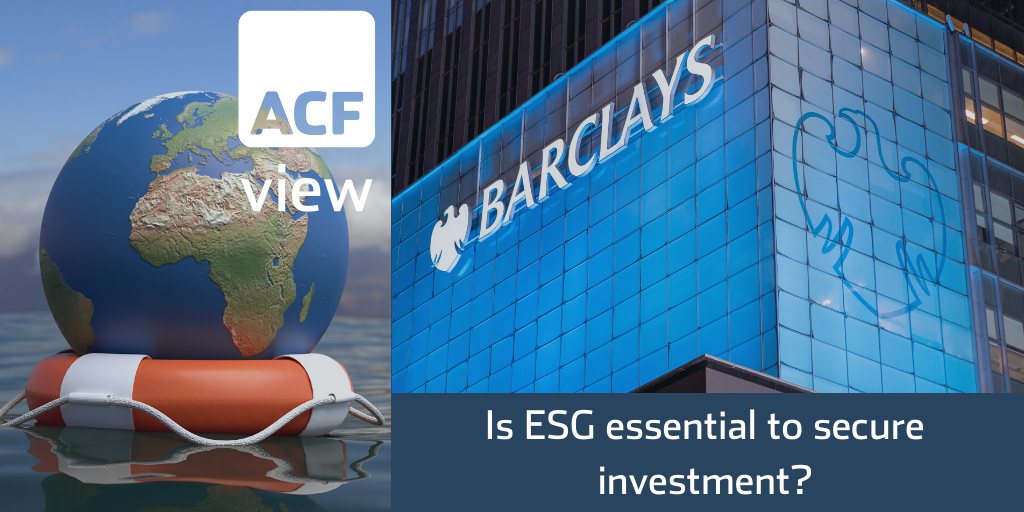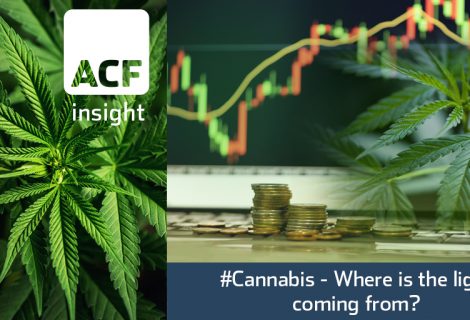Is ESG essential to secure investment?
Over the last three months the concentration of assets under the largest investment funds (the trillion-dollar club) has increased substantially. The largest 1% of fund manager groups manages 61% of total AUM (assets under management) which is 243 times that of the bottom 50%, compared to 208 times at the end of 2019 and 105 times in 2010.
The expectation is that the industry concentration among the larger members will increase as M&A becomes more attractive to asset managers. Franklin Templeton is in the process of buying Legg Mason which will increase its asset base to $1.5tn and Invesco worked its way into the trillion-dollar club last year after acquiring Oppenheimer Funds for $5.7bn. Club members such as BlackRock, Vanguard, State Street, and Fidelity are also cutting fees in an effort to attract new investors.
While club members are monopolising the industry, they are also focused on the issues at hand, which are the Covid-19 pandemic and climate change. BlackRock and State Street have warned chief executives to take sustainability seriously. These companies have the potential to be extremely influential and therefore have a responsibility to lead by example.
In our view, taking sustainability seriously starts with having an ESG (Environmental, Social and Governance) policy as part of your core business strategy.
Barclay’s bank, Europe’s largest fossil fuel financier, was under scrutiny last week when environmental activists questioned the bank’s methods to set, disclose, and evaluate targets on how they would phase-out from fossil fuel investments. Chairman Nigel Higgins says that the bank is committed to going greener and proposes to become net zero by 2050. This goal can be considered somewhat generous in the medium-term, leaving the bank plenty of time to continue with business as usual.
Trillion-dollar club members and large financial institutions are powerful and credible enough to influence market players and the global economy. They are already setting the pace for companies either as a strategic initiative or because of public pressure and this in turn is driving markets generally to adjust business practices to a more sustainable approach, as part of the recovery from Covid-19.
Furthermore, we are seeing the potential of second waves of the pandemic, which in turn means that governments are far less likely to have the financial resources to bail out companies a second time. Businesses will need to implement an ESG policy as part of their core activity if they want to have access to what we estimate will be $25trn of ESG filtered funds by 2020E.
These funds are controlled by institutional fund managers and other classes of investors and assigned only to companies with verifiable ESG policies and practices.
















